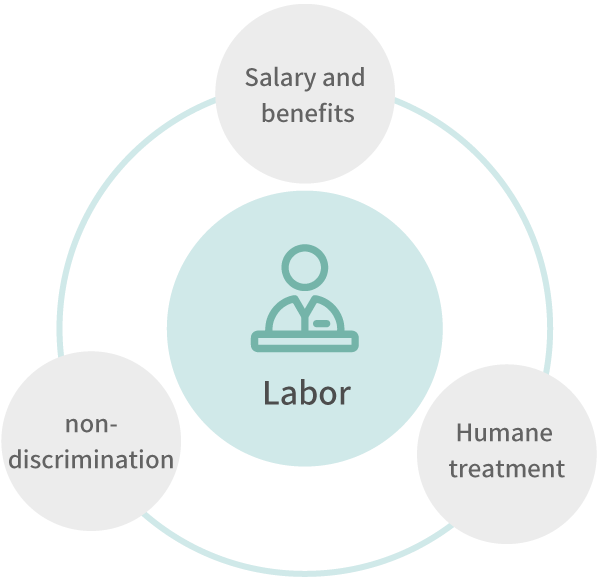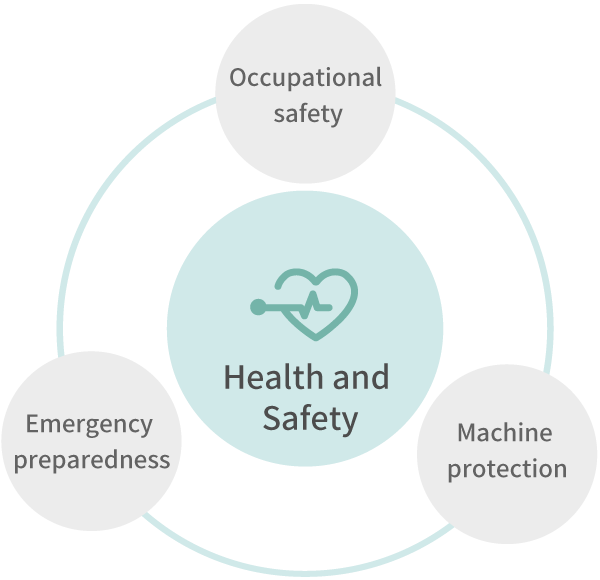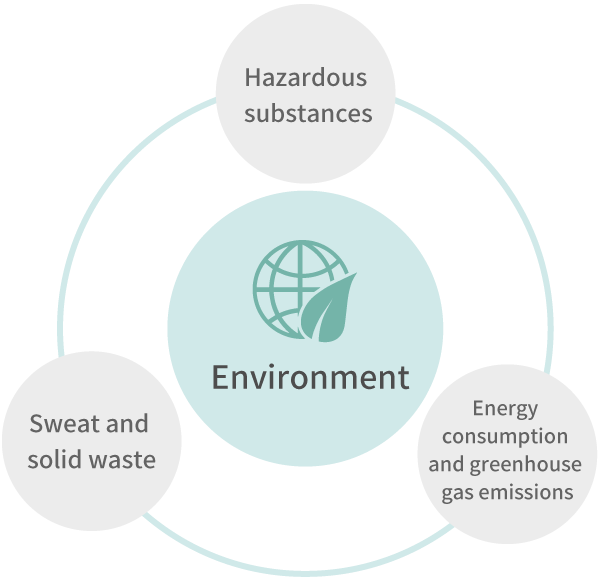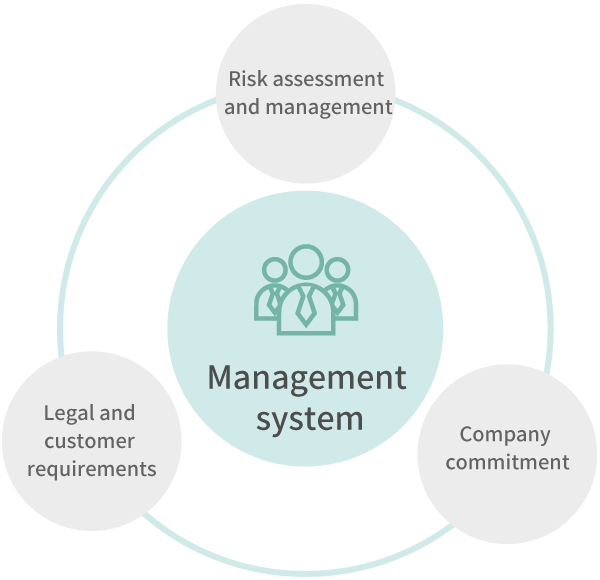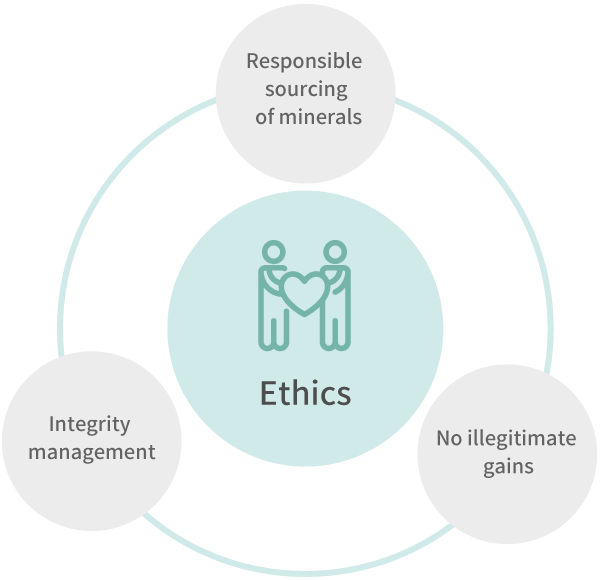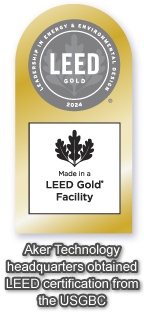Corporate Governance
With the booming development of the electronics industry, a significant amount of electronic waste harmful to the planet is generated. We are committed to ensuring that our products keep pace with the times and comply with both domestic and international environmental regulations.
Through IECQ QC080000 and relevant frameworks, we adhere to a policy of Hazardous Substance Free(HSF) management policy. We support the Responsible Business Alliance (RBA) policy for conflict-free minerals and reference international agreements such as the MOP (Montreal Protocol on Substances that Deplete the Ozone Layer), Stockholm Convention on Persistent Organic Pollutants, and the EU RoHS directive to maintain a no-harmful procurement approach. Further details are as follows:
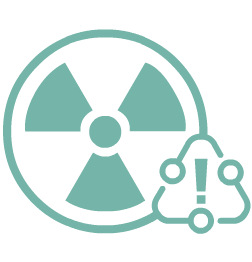
• Continuously improve production processes and prevent pollution caused during the processes.
• Enhance awareness of the Hazardous Substance Free regulations to employees and communicate with customers and suppliers.

• Request our suppliers to notify their upstream/downstream suppliers to follow Minerals Conflict-Free requirements.
• Continuing our industry leadership and our efforts to source conflict-free minerals from the Conflict Regions where possible.
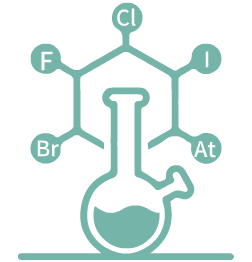

supplier

supplier

supplier

Evaluate

Aker also incorporates ESG elements into its supply chain management and procurement processes, selecting suppliers with strong ESG performance to achieve sustainability and social responsibility.
- Require suppliers to establish transparent governance mechanisms, including corporate structure, corporate governance principles and ethical codes.
- Require suppliers to provide risk management and sustainability reports to assess the impact of their operations on the company and society.
- Ensure suppliers comply with laws and regulations, including anti-corruption and anti-competitive misconduct.
- Require suppliers to develop and implement sustainability plans.
- Require suppliers to provide environmental impact assessment reports for their products.
- Encourage the selection of products that meet green certifications or standards.
- Suppliers are required to comply with labor regulations and provide a fair and safe working environment, including reasonable wages, legal working hours and labor safety protection.
- Ensure that suppliers prohibit the use of child labor and forced labor, and encourage the promotion of human and labor rights in the supply chain.
- Encourage cooperation with the community and support social contributions such as local social development programmes, education and training.
In addition, Aker references the Code of Conduct of the Electronics Industry Citizenship Coalition to comply with the UN Guiding Principles on Business and Human Rights and the International Labor Organization's Declaration on Fundamental Principles and Rights at Work, as well as the Universal Declaration of Human Rights. Based on these key international human rights standards, we require ourselves and our suppliers to adhere to a set of social, environmental, and ethical conduct guidelines relevant to the electronics industry supply chain.
